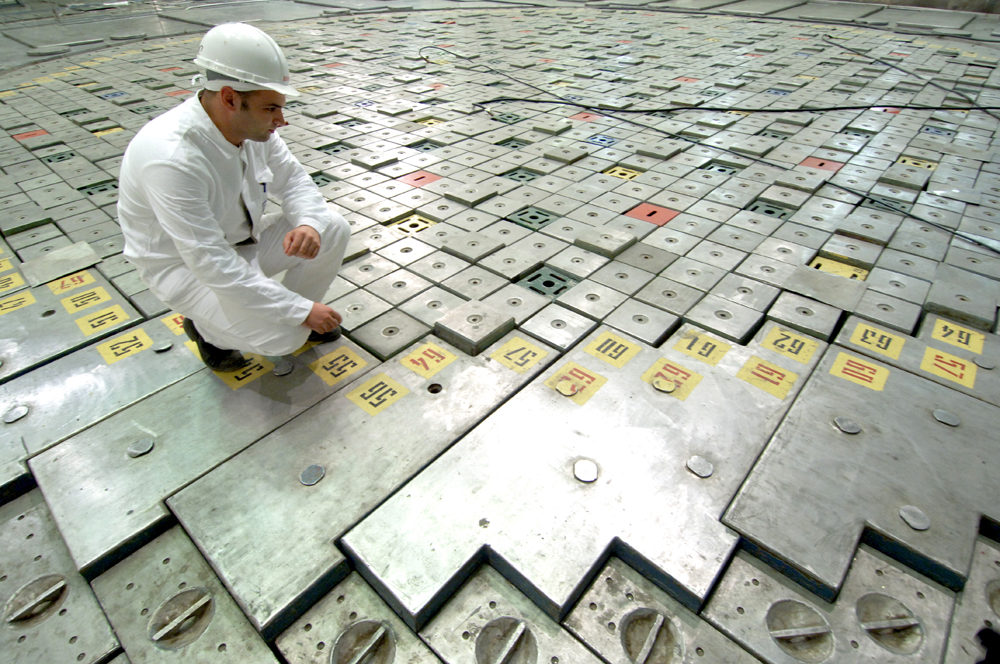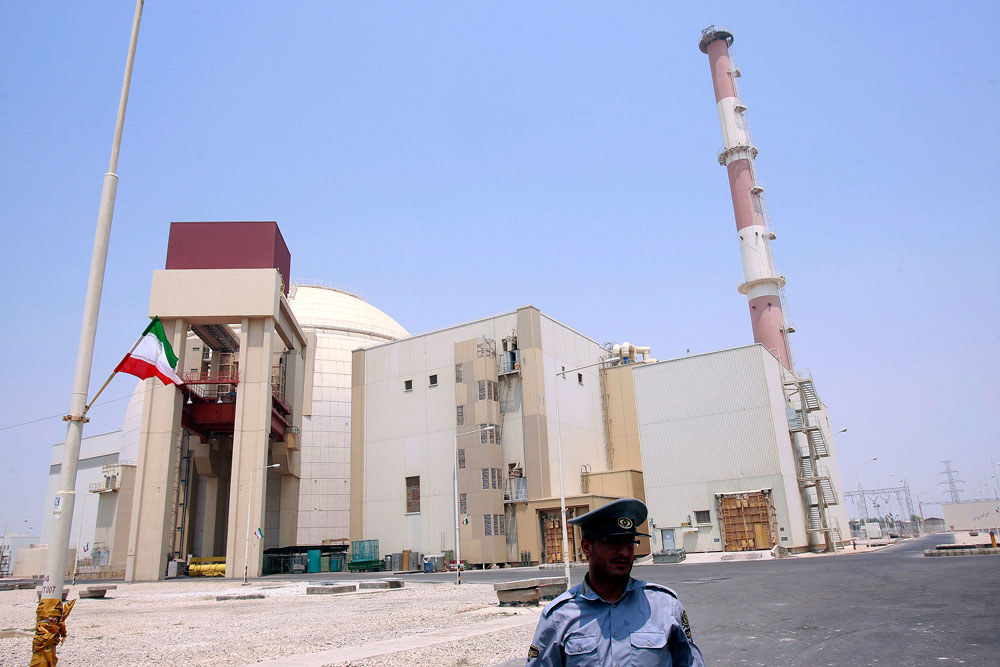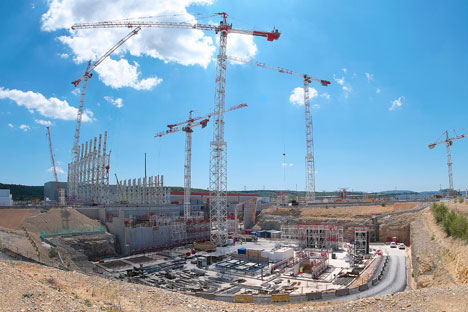Nuclear cooperation still key for Russia

Safety first: work under way in the reactor hall of the Leningrad nuclear power plant near St. Petersburg.
Sergei Pyatakov / RIA NovostiRussia will not be in attendance at the fourth and final Nuclear Security Summit, taking place March 31–April 1 in Washington, D.C.
Moscow’s conspicuous absence, however, should not undermine its commitment to cooperation with the international community under the auspices of the International Atomic Energy Agency (I.A.E.A.), its interaction with the United States within the Global Initiative to Combat Nuclear Terrorism and efforts to enhance the international nuclear nonproliferation regime.
An issue of control
Russia’s decision not to attend the summit has its roots in events from the past summit, held two years ago. At the 2014 Nuclear Security Summit, held in The Hague, a group of 35 countries signed the Joint Statement on Strengthening Nuclear Security Implementation.
This statement proposes that the signing parties would provide guidance through recommendations to the International Atomic Energy Agency (I.A.E.A.).
The move was viewed in Moscow as an attempt by certain countries to influence the agenda of not only the I.A.E.A. but also of the UN, Interpol and the Global Initiative to Combat Nuclear Terrorism.
Russian authorities took the signing of the initiative as a way for a select group of nations to place weapons-grade stocks of fissible material belonging to other countries under their “international” jurisdiction.
In November 2015, Russia’s Ministry of Foreign Affairs issued a statement detailing its reasons for staying away from the Nuclear Security Summit in Washington, placing emphasis on the procedural regulations that granted privileges to the host nations of previous summits at the expense of other participants. These excessive rights would have prevented divergent opinions to be taken into account in the formulation of the summit’s resolutions, the statement read.
Russia’s position has been that the I.A.E.A. should coordinate efforts to improve nuclear security, and the organization should not be subjected to additional oversight. Moscow recently praised the organization’s monitoring activities, which resulted in the first report in late February on Iran’s implementation of its responsibilities under the nuclear deal concluded last year.
Russia was instrumental in crafting the deal, which required 12 years to hammer out a sustainable and acceptable solution for all parties. U.S. President Barack Obama praised Russia’s role in securing the agreement, particularly at a time when relations between Moscow and Washington were suffering over Russia’s involvement in Ukraine.
Still open to cooperation
In response to the news that Russia would not attend the summit, a White House official confirmed that Russia continues to work “constructively with the United States” on projects aimed at retrieving nuclear materials from third-party countries. Russia is currently cooperating with the U.S. on repatriating highly enriched uranium (HEU) from Kazakhstan and Poland.
Over the past five years, Russia has been directly involved in the gradual removal of highly enriched uranium, helping to reduce the number of countries with weapons-grade nuclear material from 32 to 24.
The Russian Research Reactor Fuel Return program has also been a success. More than 60 removal operations from 14 countries resulted in the repatriation to Russia of almost 2,160 kilograms of highly enriched uranium originally supplied to foreign countries by the Soviet Union. Highly enriched uranium has been completely removed from 10 out of the 14 nations that had received the material.
The nuclear waste removal program is now conducted by Russia in cooperation with the United States and the I.A.E.A.
Russia has shown its commitment to nuclear nonproliferation in other ways as well. One of the most significant actions by Russian nuclear fuel removal specialists began in 2003, when Hungary requested assistance in the retrieval and subsequent reprocessing of irradiated fuel assemblies at Unit 2 of the Paks Nuclear Power Plant.
The fuel assemblies at the plant had been damaged in the course of a cleaning operation. The event was rated Level 3 on the International Nuclear Events Scale, a “serious incident.”
It took nearly four years for Russian experts to complete the recovery operation. It was finished in January 2007, and Hungary was able to resume the commercial operation of the power plant.
Looking to the future
Russia continues to apply state-of-the-art technologies to the processing of nuclear materials. A plant owned by Russian state atomic agency Rosatom in the Krasnoyarsk region of Siberia, which previously specialized in weapons-grade plutonium, has begun manufacturing an innovative fuel for nuclear power plants with fast neutron reactors. The production facility will use regenerated uranium and plutonium received after reprocessing spent nuclear fuel to create the new fuel type.
The advanced technology allows Russia to reprocess 34 tons of plutonium deemed “excessive” for defense needs. The reprocessing is required under the Plutonium Management and Disposition agreement, signed with the U.S. in 2000.
Read more: Kremlin defends Russian refusal to attend U.S. nuclear security summit
All rights reserved by Rossiyskaya Gazeta.
Subscribe
to our newsletter!
Get the week's best stories straight to your inbox

